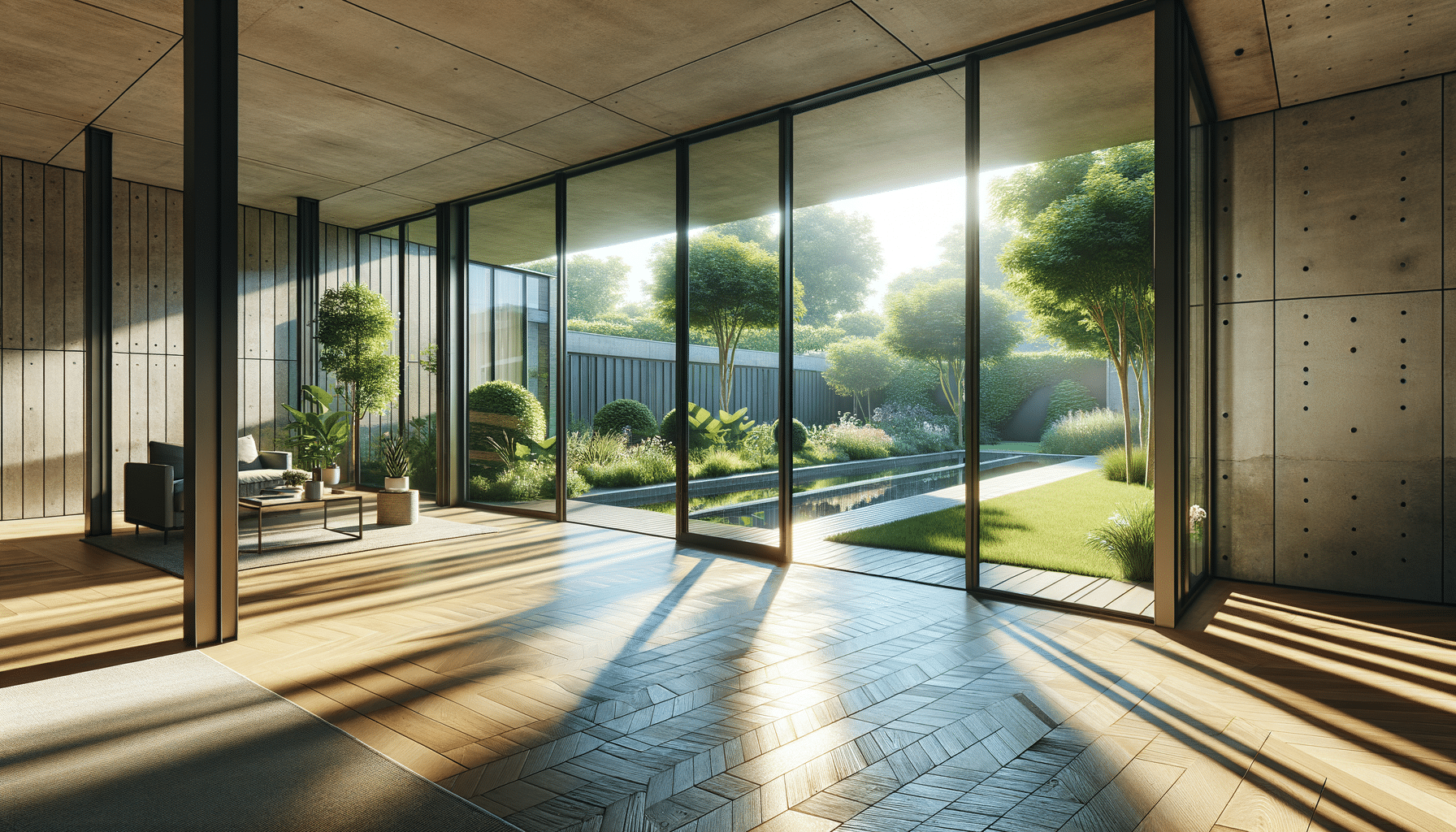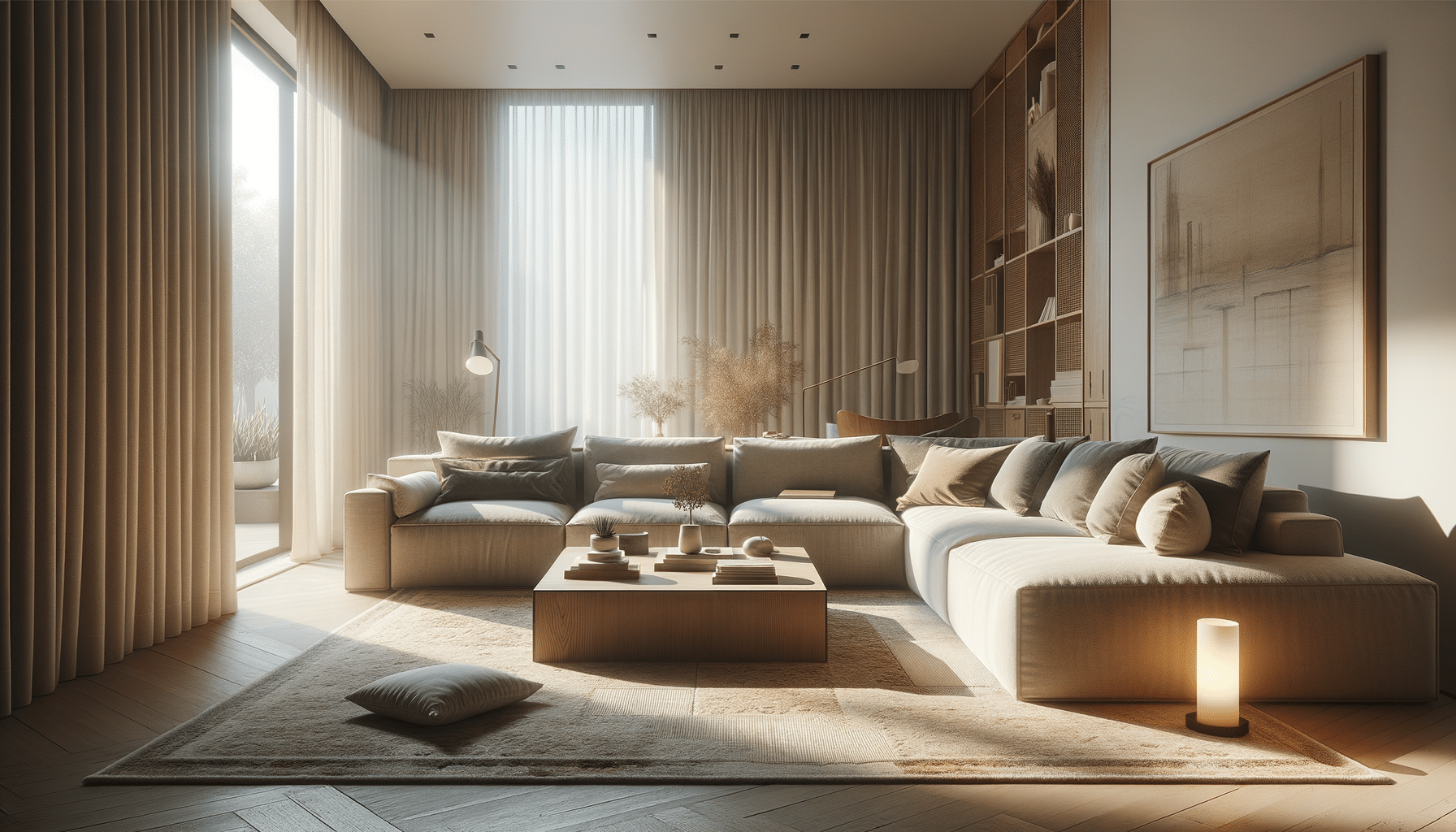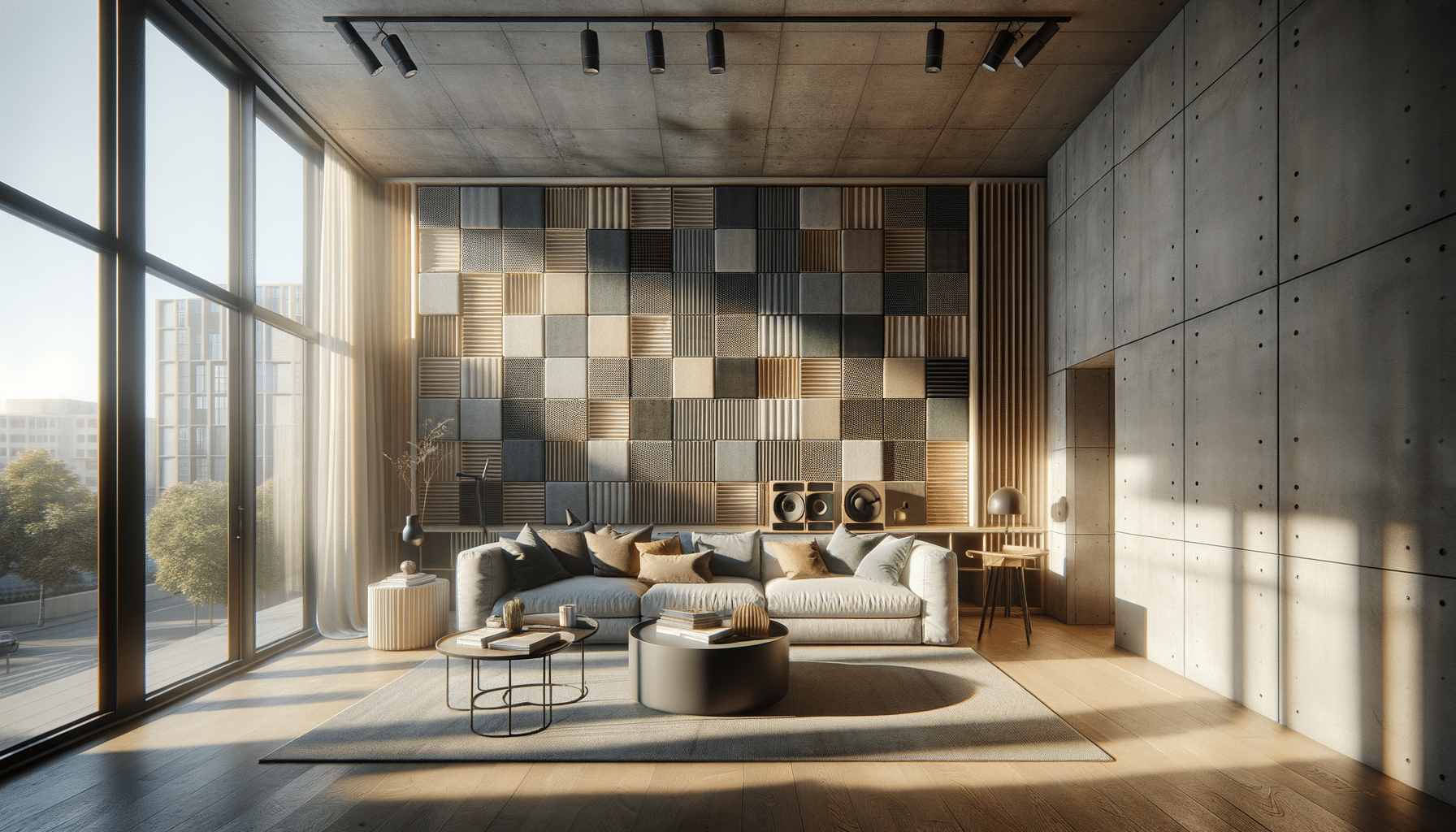
Exploring the Versatility of Folding Doors
Introduction to Folding Doors
Folding doors, also known as bi-fold doors, have gained significant popularity in modern architecture for their ability to blend indoor and outdoor spaces seamlessly. These doors are designed to fold in sections, allowing for a wide opening without occupying too much space. They are versatile and can be used in various settings, from homes to commercial buildings, offering both aesthetic appeal and practical benefits.
The importance of folding doors lies in their functionality and design flexibility. They can be tailored to fit different architectural styles, providing a modern and sleek look that enhances the overall ambiance of a space. Whether used as patio doors, room dividers, or even closet doors, folding doors offer an innovative solution to space optimization, making them a valuable addition to any property.
Types and Materials of Folding Doors
Folding doors come in a variety of types and materials, each offering unique characteristics suited to different needs. Common materials include wood, aluminum, and PVC, each providing distinct advantages.
- Wood: Known for its natural beauty and warmth, wood folding doors are often chosen for their traditional appeal. They can be custom-stained or painted to match existing decor, making them a favorite for residential use.
- Aluminum: Aluminum folding doors are renowned for their durability and low maintenance. They are resistant to weather conditions and provide excellent insulation, making them a practical choice for both residential and commercial applications.
- PVC: Offering a cost-effective solution, PVC folding doors are lightweight and easy to install. They are available in various colors and finishes, providing flexibility in design.
The choice of material often depends on factors such as budget, aesthetic preferences, and the intended use of the doors. Understanding these options allows homeowners and designers to select the most suitable folding doors for their specific needs.
Benefits of Installing Folding Doors
The installation of folding doors offers numerous benefits, making them a popular choice for both residential and commercial properties. One of the primary advantages is their ability to maximize space. By folding neatly against themselves, these doors require minimal space, allowing for a larger opening compared to traditional doors.
Folding doors also enhance natural light and ventilation. When opened, they create an expansive view and allow for an abundance of natural light to flood the interior, creating a bright and inviting atmosphere. This can significantly reduce the need for artificial lighting, contributing to energy efficiency.
Additionally, folding doors provide a seamless connection between indoor and outdoor spaces. This is particularly beneficial in areas with pleasant weather, where enjoying the outdoors is desirable. By opening up the living space to patios or gardens, folding doors enhance the overall living experience and add value to the property.
Considerations for Choosing Folding Doors
When selecting folding doors, several factors should be considered to ensure they meet the specific requirements of the space. These considerations include:
- Size and Configuration: The size of the opening and the configuration of the panels should be carefully planned to maximize functionality and aesthetics.
- Thermal Performance: For energy efficiency, it is important to choose doors with good thermal insulation properties, especially in regions with extreme weather conditions.
- Security Features: Since folding doors often cover large openings, security features such as robust locking systems and impact-resistant glass should be prioritized.
- Maintenance Requirements: Different materials have varying maintenance needs. Understanding these can help in choosing doors that align with the maintenance capabilities of the user.
By considering these factors, homeowners and designers can ensure that the selected folding doors not only complement the design of the space but also provide long-term functionality and satisfaction.
Conclusion: The Future of Folding Doors
As architectural trends continue to evolve, folding doors are expected to remain a popular choice due to their versatility and modern appeal. Their ability to create open, light-filled spaces aligns with contemporary design preferences, making them a valuable addition to any property.
In the future, advancements in materials and technology may further enhance the functionality and aesthetics of folding doors, offering even more options for customization and performance. Whether for residential or commercial use, folding doors provide a unique blend of style and practicality that is likely to continue captivating designers and homeowners alike.


